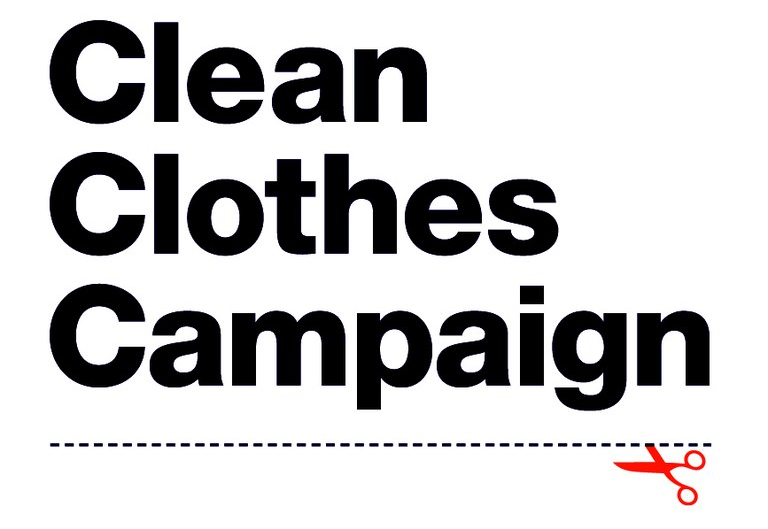Search results
7 results
Sort by:
International Laws: Guidelines to resolve disputes
A number of international and intergovernmental guidelines have been developed in recent years in an attempt to regulate how brands do business and the impact their business practices have on local communities. Although these guidelines are voluntary, there are several mechanisms in place that address violations of international rules and regulations.
Statement on the refusal of Uniqlo to pay what is owed
G7 Fashion Deal can only be meaningful if it aligns with UN Guiding Principles on Business and Human Rights
This weekend, a coalition of 32 large apparel companies launched a G7 Fashion deal for sustainably produced textiles, pledging to protect the environment.
The UN Guiding Principles on Business and Human Rights and the human rights of workers to form or join trade unions and to bargain collectively
Respect for the human rights of workers is fundamental to the human rights and business debate. With this paper from November 2012, we reaffirm the centrality of industrial relations to both the exercise of due diligence and the remediation of adverse human rights impacts within the framework of the UN Guiding Principles. This paper sets out what it means for a business enterprise to respect the rights of workers to join or form a trade union and the right to bargain collectively. Written by the International Trade Union Confederation, IndustriALL Global Union, the Clean Clothes Campaign and UNI Global Union.
Hazardous workplaces: Making the Bangladesh Garment industry safe
The safety record of the Bangladesh garment industry is one of the worst in the world. This briefing from November 2012 aims to give an overview of what action needs to be taken by the different actors involved in order to improve the safety of garment factories in Bangladesh, what has been achieved so far both in preventing future tragedies and compensating the victims of previous incidents and what more could and should be done by the brands, retailers and employers to ensure that the workers of Bangladesh are not risking their lives for the sake of cheap fashion.
10 Years of the Better Factories Cambodia Project - A critical evaluation
Better Factories Cambodia (BFC) is a monitoring program initiated by the ILO. It seeks to promote decent working conditions in the Cambodian garment industry. This report by Clean Clothes Campaign and Community Legal Education Center from August 2012 assesses the achievements and limitations of the BFC project. It concludes that while the program has its strengths, working conditions are still very poor. The report formulates recommendations around six areas where the BFC program could be improved.
Position paper on human rights due diligence
In this paper from March 2016 Clean Clothes Campaign explains its position on human rights due diligence as explained in the United Nations Guiding Principles on Business and Human Rights (UNGP).
